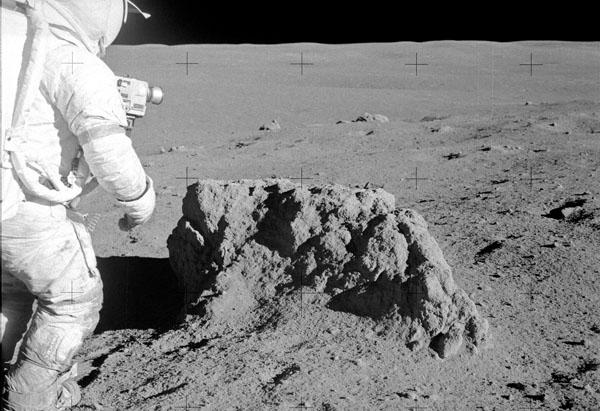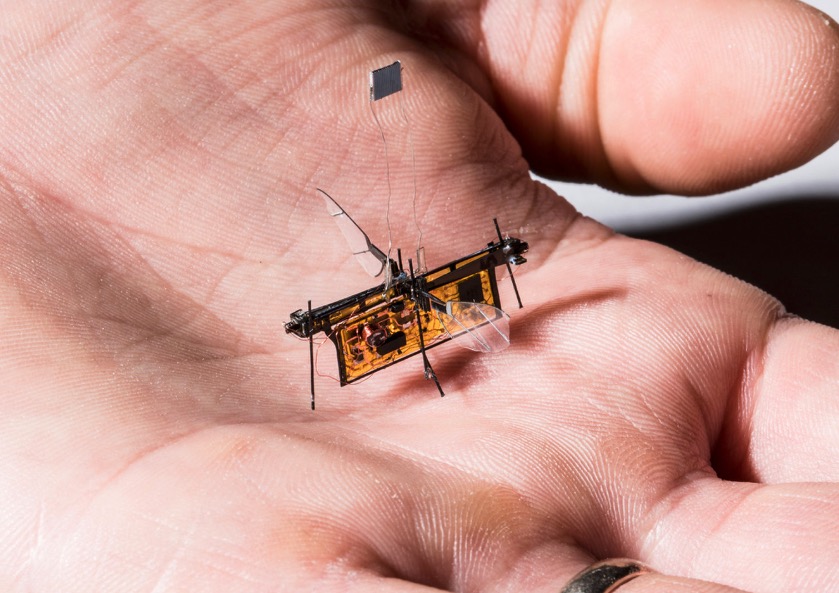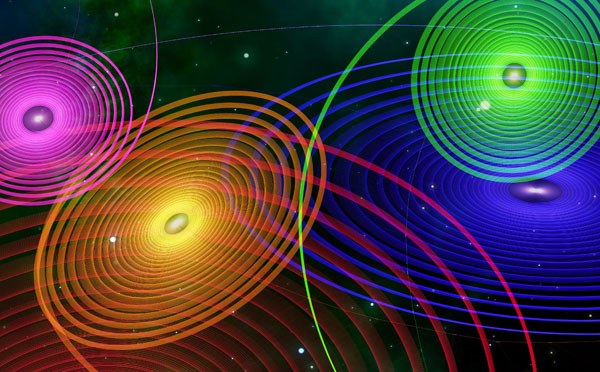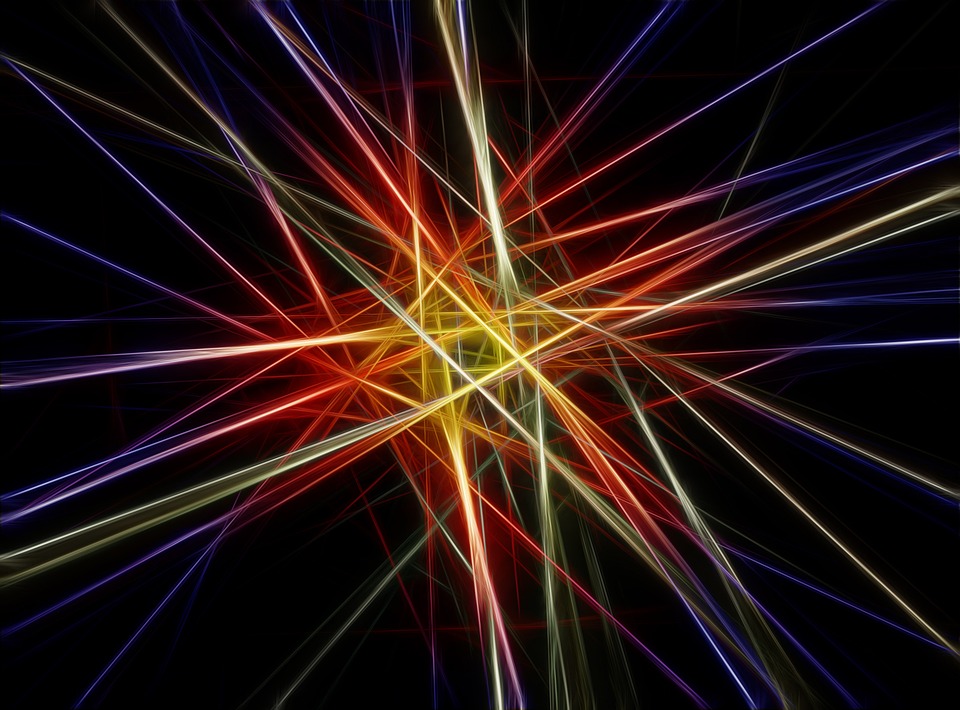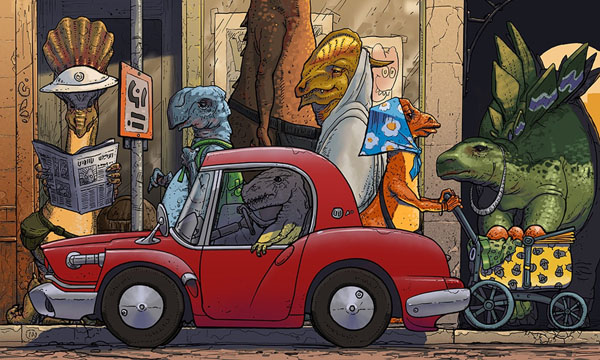SPACE: Don’t Snort the Moon Dust
In space, they say, no one can hear you sneeze. But Apollo 17 astronaut Harrison Schmitt was doing a lot of that inside the Challenger command module when he visited the moon in 1972. One day, after a lunar walk, Schmitt accidentally breathed in some of the abundant moon dust that he and his commander had tracked back in to the Challenger living quarters. For a full day, Schmitt suffered from what he described as “lunar hay fever.” His eyes watered, his throat throbbed, and he broke into a sneezing fit. No, Schmitt wasn’t allergic to the moon. NASA scientists … Read more



